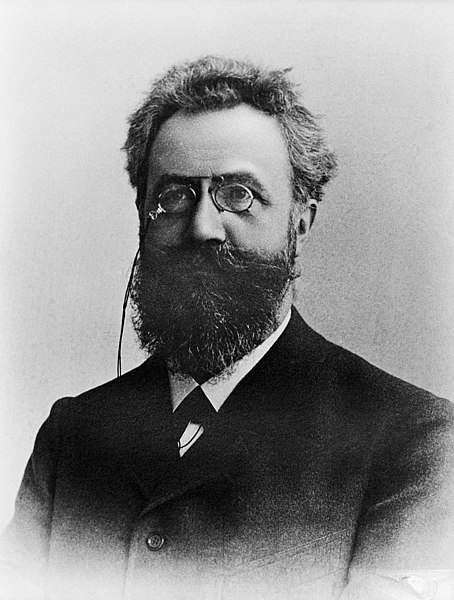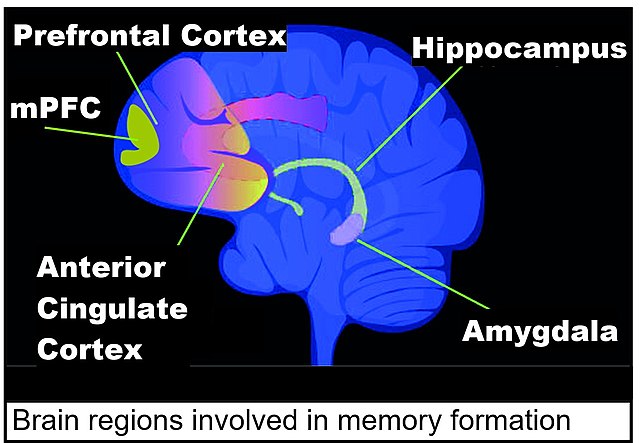Recall in memory refers to the mental process of retrieval of information from the past. Along with encoding and storage, it is one of the three core processes of memory. There are three main types of recall: free recall, cued recall and serial recall. Psychologists test these forms of recall as a way to study the memory processes of humans and animals.
Two main theories of the process of recall are the two-stage theory and the theory of encoding specificity.
Hermann Ebbinghaus
Jorge Luis Borges in 1951
Memory is the faculty of the mind by which data or information is encoded, stored, and retrieved when needed. It is the retention of information over time for the purpose of influencing future action. If past events could not be remembered, it would be impossible for language, relationships, or personal identity to develop. Memory loss is usually described as forgetfulness or amnesia.
Olin Levi Warner's 1896 illustration, Memory, now housed in the Thomas Jefferson Building at the Library of Congress in Washington, D.C.
The garden of oblivion, illustration by Ephraim Moses Lilien
Regulatory sequence in a promoter at a transcription start site with a paused RNA polymerase and a TOP2B-induced double-strand break
Brain regions involved in memory formation including medial prefrontal cortex (mPFC)






